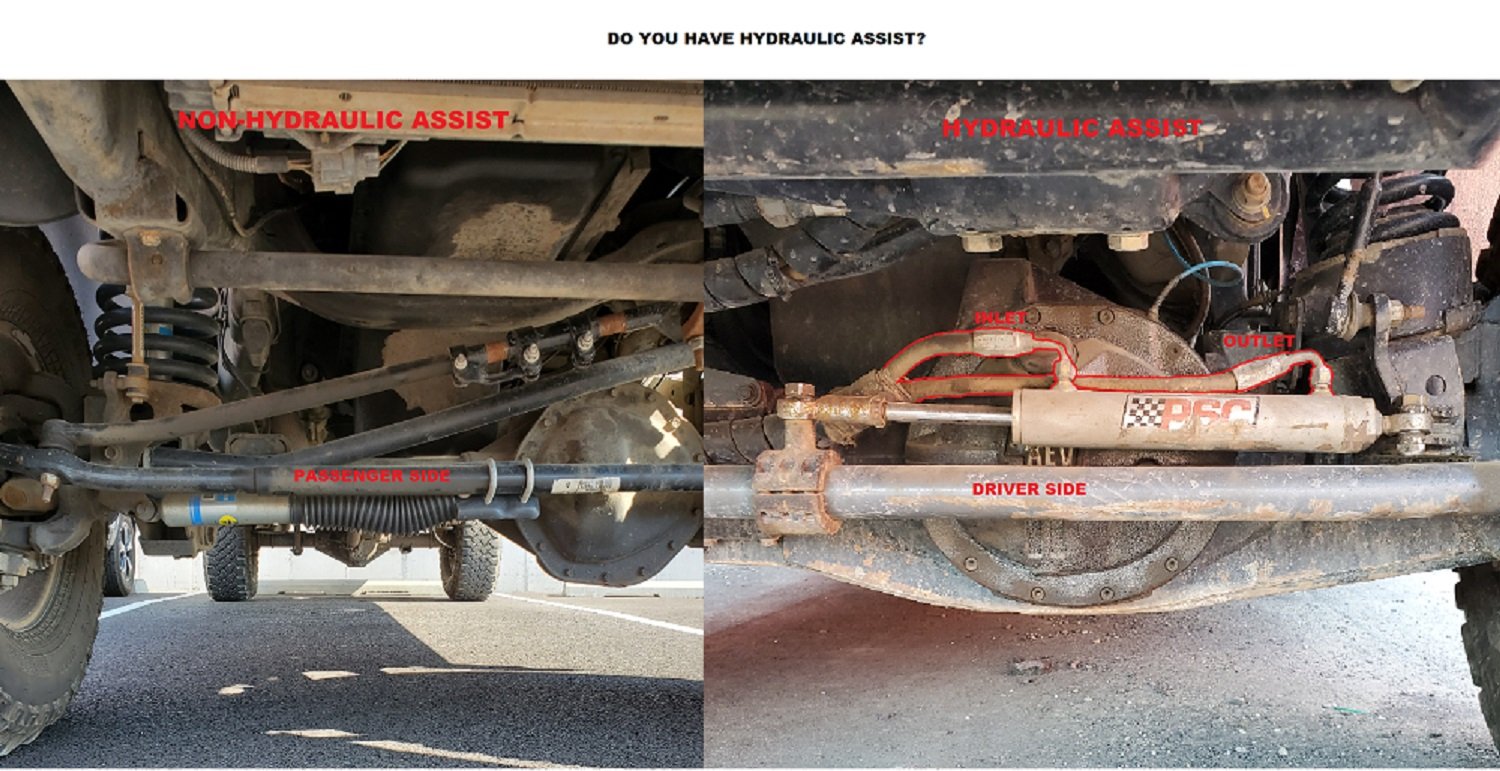
Lower Steering Gear Pitman Shaft Seal Kit - Compatible with 1994 - 2001 Dodge Ram 2500 1995 1996 1997 1998 1999 2000 - Walmart.com

Amazon.com: Steering Gear Box Stabilizer Kit - Compatible with Dodge Ram Models - 1994, 1995, 1996, 1997, 1998, 1999, 2000, 2001 Ram 1500, 94-02 Ram 2500, 3500 4WD - Steering Brace Bar - Death Wobble Fix - 4x4 : Automotive



















